Question And Answer
Publications
Articles, publications, books, tools and multimedia features from the U.S. Institute of Peace provide the latest news, analysis, research findings, practitioner guides and reports, all related to the conflict zones and issues that are at the center of the Institute’s work to prevent and reduce violent conflict.
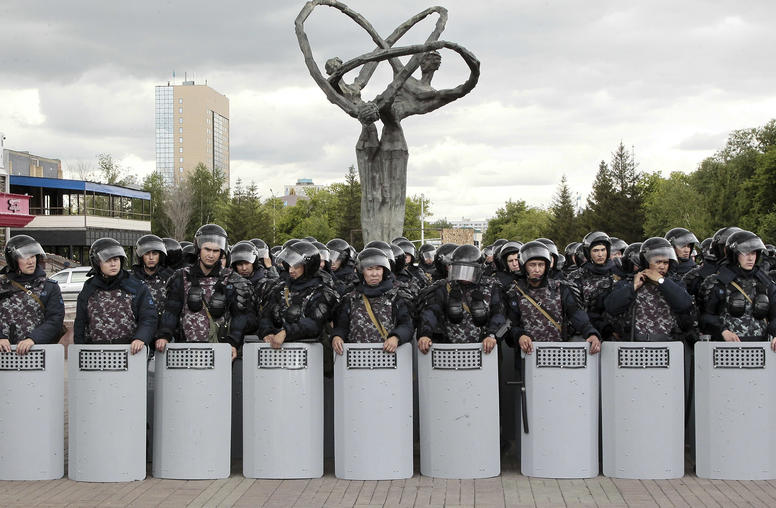
Understanding Organized Crime and Violence in Central Asia
The influence of organized crime on governance and the rule of law in Central Asia has long been recognized, but its role in violence is less broadly understood. Looking at conflicts in Kyrgyzstan, Kazakhstan, and Tajikistan, this report examines the ways that organized criminal actors exploit popular mobilization (such as protests) and weaken state controls in episodes of violence. Recommendations for governments, international agencies, and civil society groups draw from expert interviews and research to address the range of organized criminal motives and circumstances.
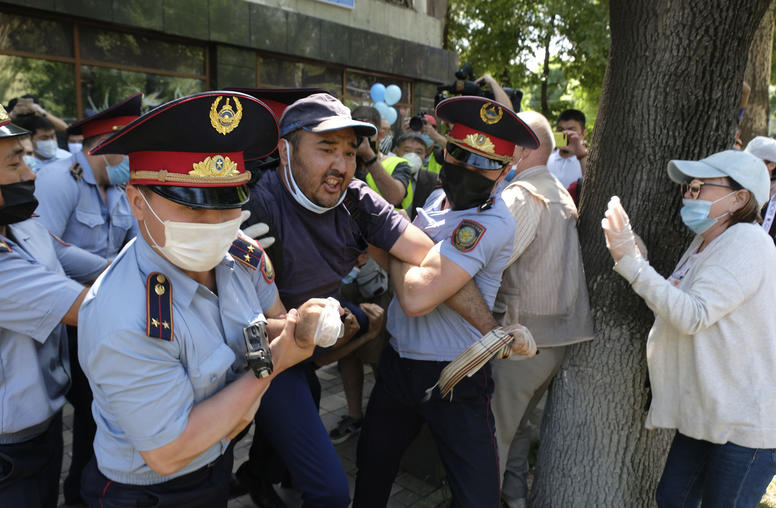
Looking for Trouble: Sources of Violent Conflict in Central Asia
This report offers a road map for understanding the most likely sources of violent conflict in the post-Soviet nations of Central Asia—ethno-nationalism and nativism, Islam and secularism, water resources and climate change, and labor migration and economic conflict. The analysis draws from emerging trends in the region and identifies the ways in which Central Asia’s geography and cultural place in the world interact with those trends. It suggests that the policy goals of the United States, Russia, and China in the region may be more compatible than is often assumed.
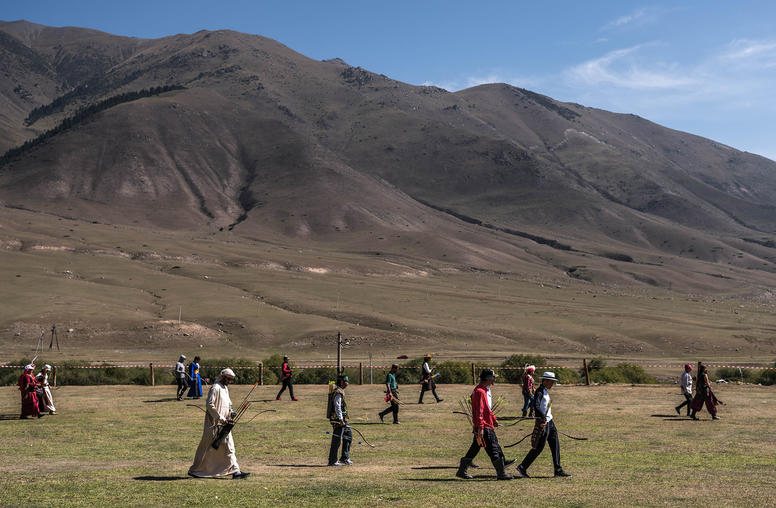
Central Asia and Coronavirus: When Being Nomadic Isn’t Enough
“Do you know how nomads prevent conflict?” a Kazakh friend once asked me. “I turn this way; you turn the other way. We start walking.” In ordinary times in Central Asia, this traditional “social distancing” may be enough to avert friction. But in a time of pandemic, it isn’t. Like elsewhere, the novel coronavirus is challenging Central Asian states and societies in new ways and revealing a great deal about the character of peoples and their governments. Here’s a look across the region at how the crisis has affected its states and how leaders have responded.
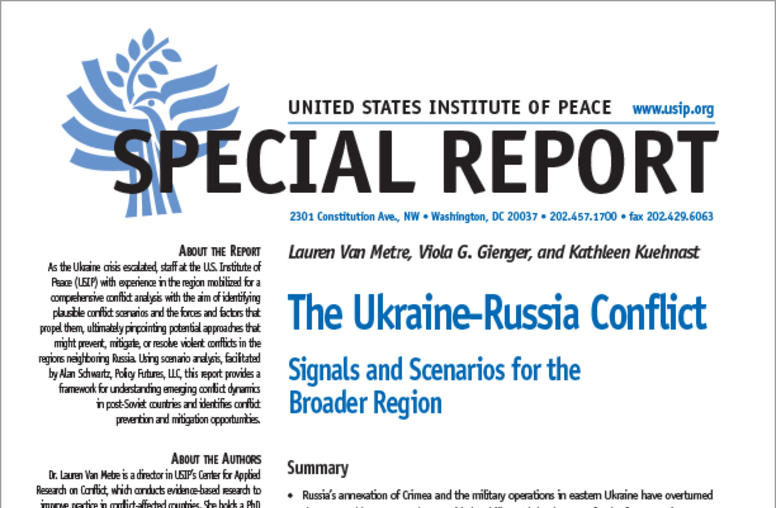
The Ukraine-Russia Conflict
Russia’s annexation of Crimea and its military operations in Eastern Ukraine have overturned the post–Cold War norms that had provided stability and development for the former Soviet countries bordering Russia. As neighboring countries assess their own security situation based on Russia’s aggressive practices in Ukraine and the West’s response, they are actively testing the new contours of Russian and Western engagement, regional alliances and relationships, and regional conflict dynamics.
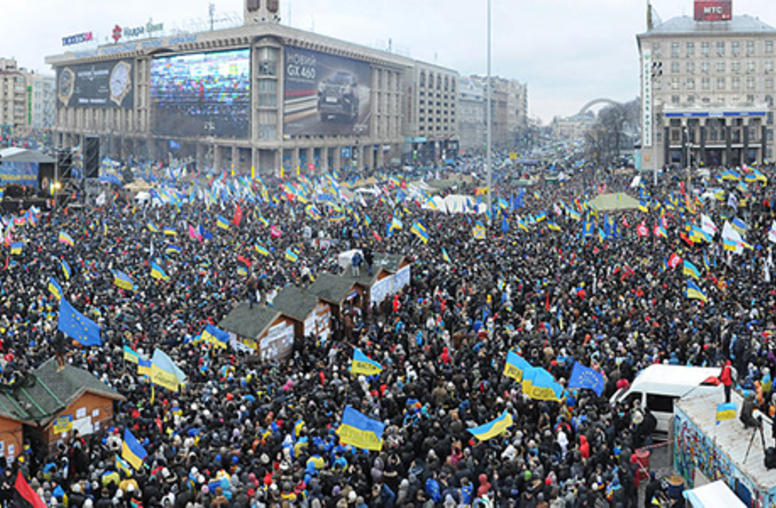
Ukraine-Russia Conflict Colors View of Civic Roles in Central Asia
Ukraine and the countries of Central Asia wouldn’t seem to have much in common other than their former Soviet past. But post-Soviet Russian ambitions may be linking them in unexpected ways. The outcome of Ukraine’s current effort to consolidate its democracy, against Russia’s resistance, has ramifications for whether the Central Asian countries view civil society and democracy as a driver of instability or a force for reform.
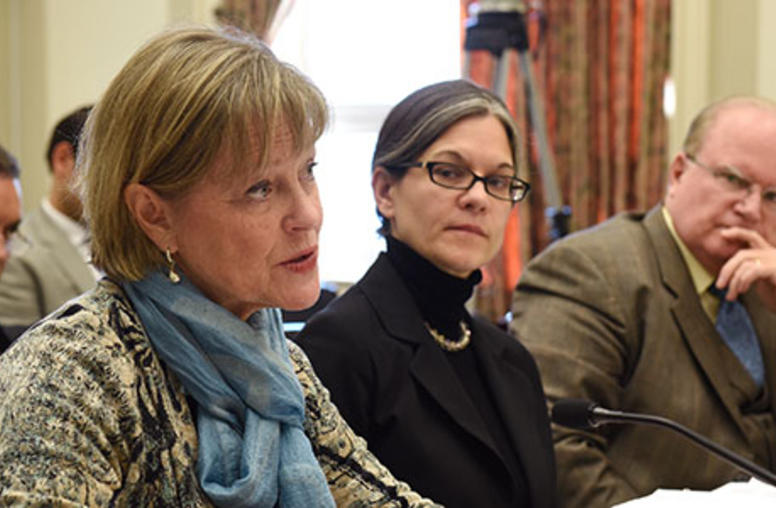
Water Sharing Conflicts and the Threat to International Peace
Dr. Kathleen Kuehnast, director of the Center for Gender and Peacebuilding at the U.S. Institute of Peace, testifies before a House Foreign Affairs Subcommittee on Europe, Eurasia and Emerging Threats hearing on “Water Sharing Conflicts and the Threat to International Peace.”
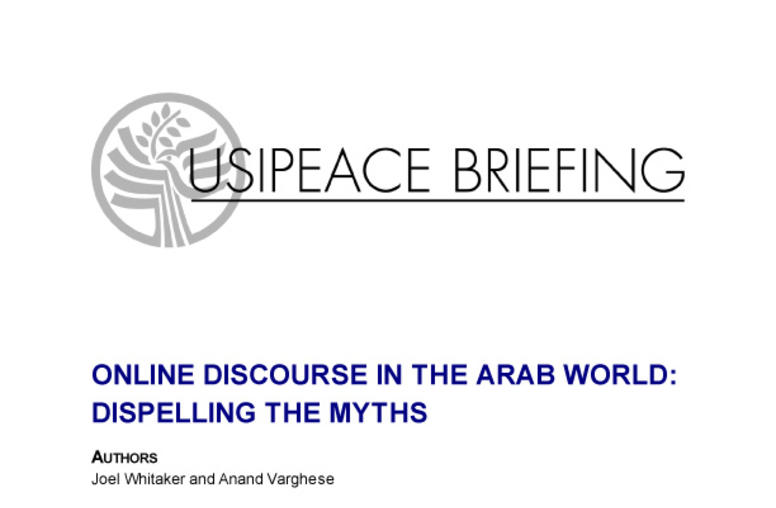
Online Discourse in the Arab World
A new USIP report examines online discourse in the Arab world and emerging trends of the blogosphere.
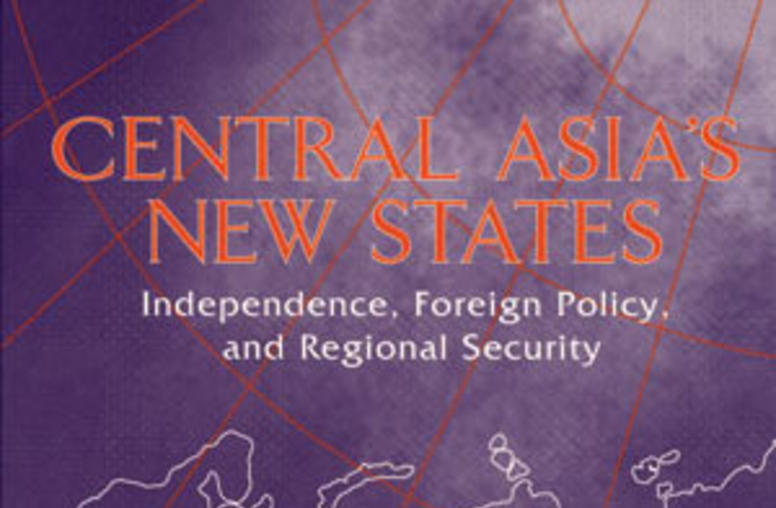
Central Asia's New States
Independence, Foreign Policy, and Regional Security
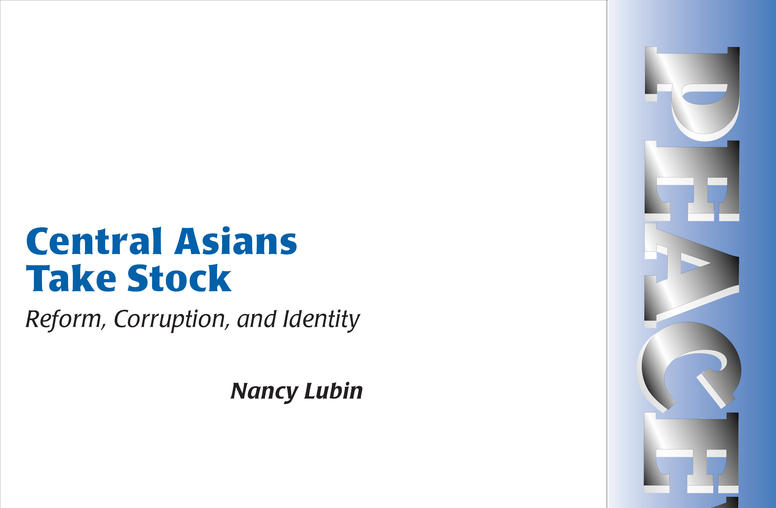
Central Asians Take Stock: Reform, Corruption, and Identity
The United States is interested in encouraging the development of stable, democratic systems, and market economies in new countries such as Uzbekistan, Kazakhstan, and Turkmenistan, and to minimize the social, ethnic, religious and other sources of conflict that could destabilize the region further. But increasingly, effectiveness in these efforts will depend as much on the views from below as from policies promulgated from above.